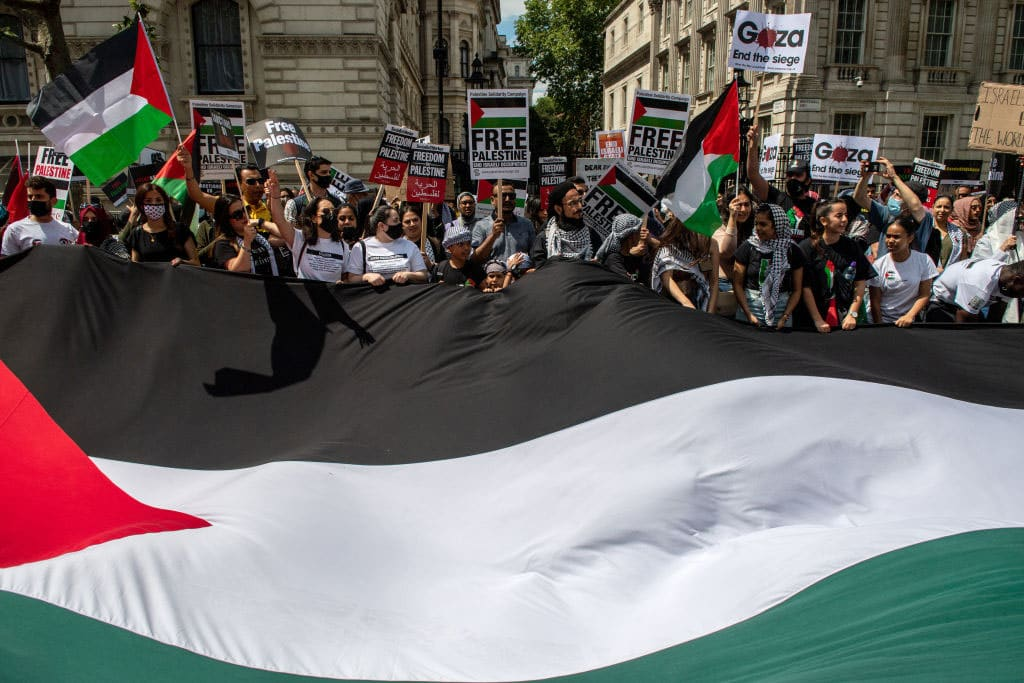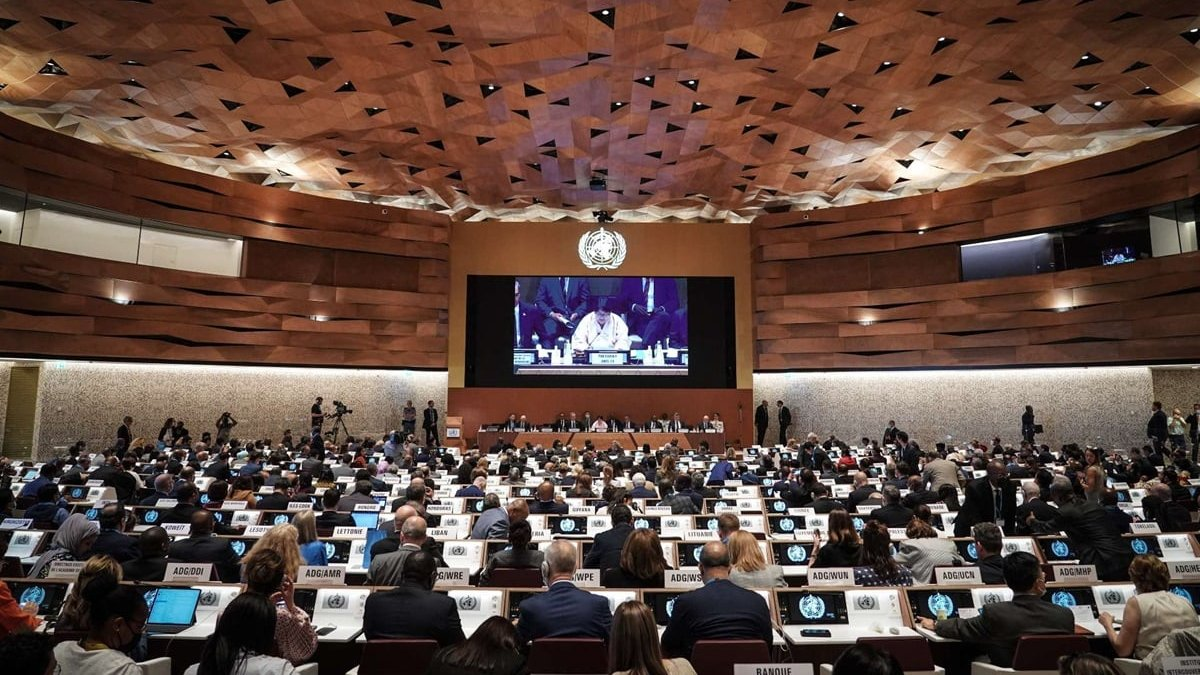On May 30th, the coclusion of the 76th World Health Assembly brought attention to the deteriorating health conditions in Palestine due to the Israeli occupation. Activists have demanded that the World Health Organization (WHO) not only monitor the health situation but also take stronger actions to address the crisis. They proposed utilizing available data to warn against further deterioration and making referrals to the International Criminal Court for attacks on civilians, healthcare facilities, and humanitarian actors.
The situation in Palestine is characterized by limited human rights, restricted access to healthcare, targeted attacks by Israeli settlers and government, and discriminatory planning procedures. Palestinians face high unemployment rates, poverty, food insecurity, and limited access to clean water and sanitation, all of which are directly linked to the Israeli occupation. The movement of Palestinians is impeded, leading to difficulties in receiving necessary medical treatment.
The health crisis in Palestine is further worsened by the large disparity in life expectancy between Palestinians and Israeli settlers. Palestinians have a significantly lower life expectancy and face pervasive exposure to violence, impacting their mental and physical well-being. The WHO's role in protecting health in Palestine should go beyond monitoring and include taking concrete actions to address the situation.

The activists rightly emphasized the need for the WHO to utilize its documentation of attacks and establish an independent commission to investigate the health impact of UN engagement in the occupied territories. These steps are crucial to ensure accountability and justice for the Palestinian population, whose health and well-being continue to suffer under the Israeli occupation.

